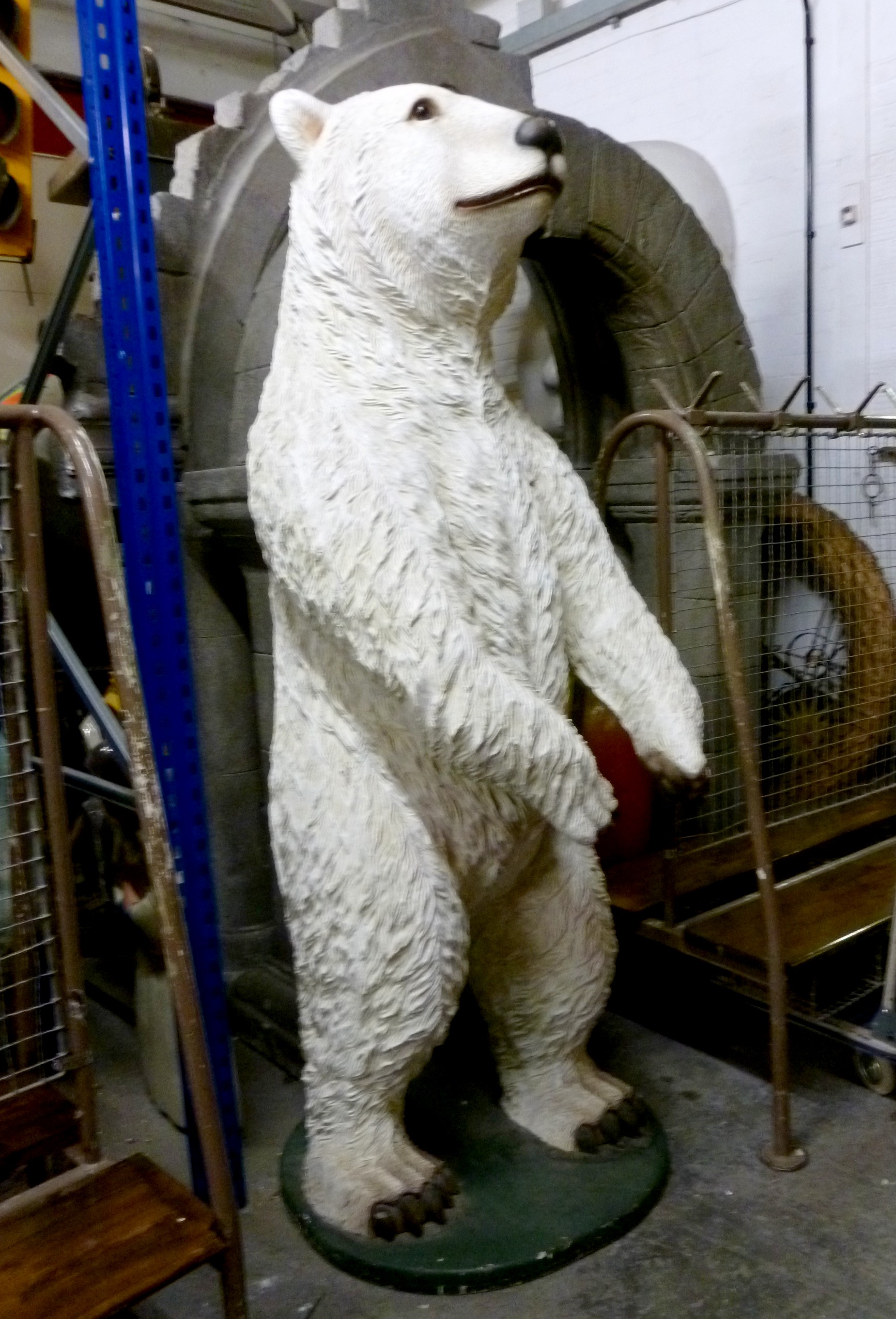Here at Stockyard we get lots of enquiries from students who want to know what is the best route in to the props business. We thought it might be useful to post our advice for school leavers and others thinking about joining the industry.
What does working with props involve?
Those in the props business may be asked to create or source almost anything needed for a theatre, television or film production. This could be something as simple finding 1950’s drinks cabinets, to recreating the entire interior of a wartime submarine. Whether you are sourcing or making props you need ingenuity, imagination, creativity and great attention to detail.
Can I study prop making?
As a prop maker you may need practical skills such as carpentry, casting, welding, sewing, painting, and computer design skills. In most cases, your success in the industry comes down to your artistic and practical skills more than academic qualifications. But many entrants to the profession are art students. Others may take the following exams to help them get a trainee position:
- BTEC Level 3 Certificate or Diploma in Production Arts
- BTEC Level 4 HNC and Level 5 HND in Performing Arts (Production)
- A degree or foundation degree in set design or prop making
- A drama school diploma in stage design or technical theatre
Other trainees have come to the profession via degree subjects such as 3D design, Fine Art, computer aided graphics, and model making. Talk through the options with your school careers advisor.
What is a typical day for a props maker?
You may be asked to attend meetings to discuss production requirements; you may need to create props from rough ideas on paper, and see the process through to the final product; you may need to do research into the history of a period, to ensure period accuracy; working with tools is a large part of props building – so you may need to weld, paint, use carpentry tools or latex for moulding; you may need to adapt existing items, by distressing them, or applying other effects; you may need to source props from props hiring agencies, or online, working with a strict budget.
How do I start in the industry?
Start building your skills early. Volunteer to work in school productions or local amateur dramatics productions, working behind the scenes to hone your practical skills. Keep photos and sketches of everything you produce, so that you build up a good portfolio of your work. When you have finished at school or university you can apply for a job as a props trainee. But competition is fierce, and salaries can be low. It’s a great profession to be in, however, and there is nothing better than seeing your work on stage or set.
Come and look around our warehouse to get an idea of the props you may one day be asked to make or hire.
Useful links
https://nationalcareersservice.direct.gov.uk/advice/planning/jobprofiles/Pages/propmaker.aspx
http://www.creativeskillset.org/film/jobs/props/article_3910_1.asp
http://www.creative-choices.co.uk/develop-your-career/template/props-maker


